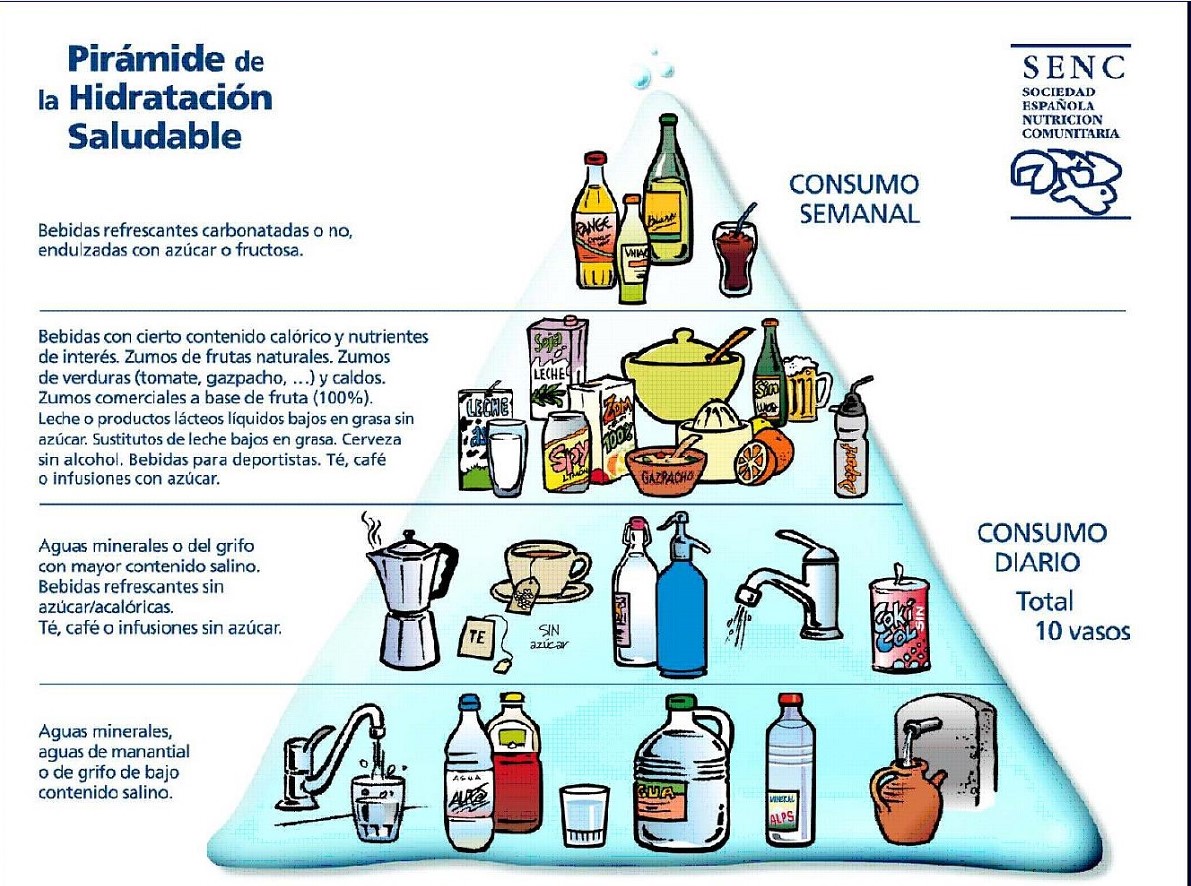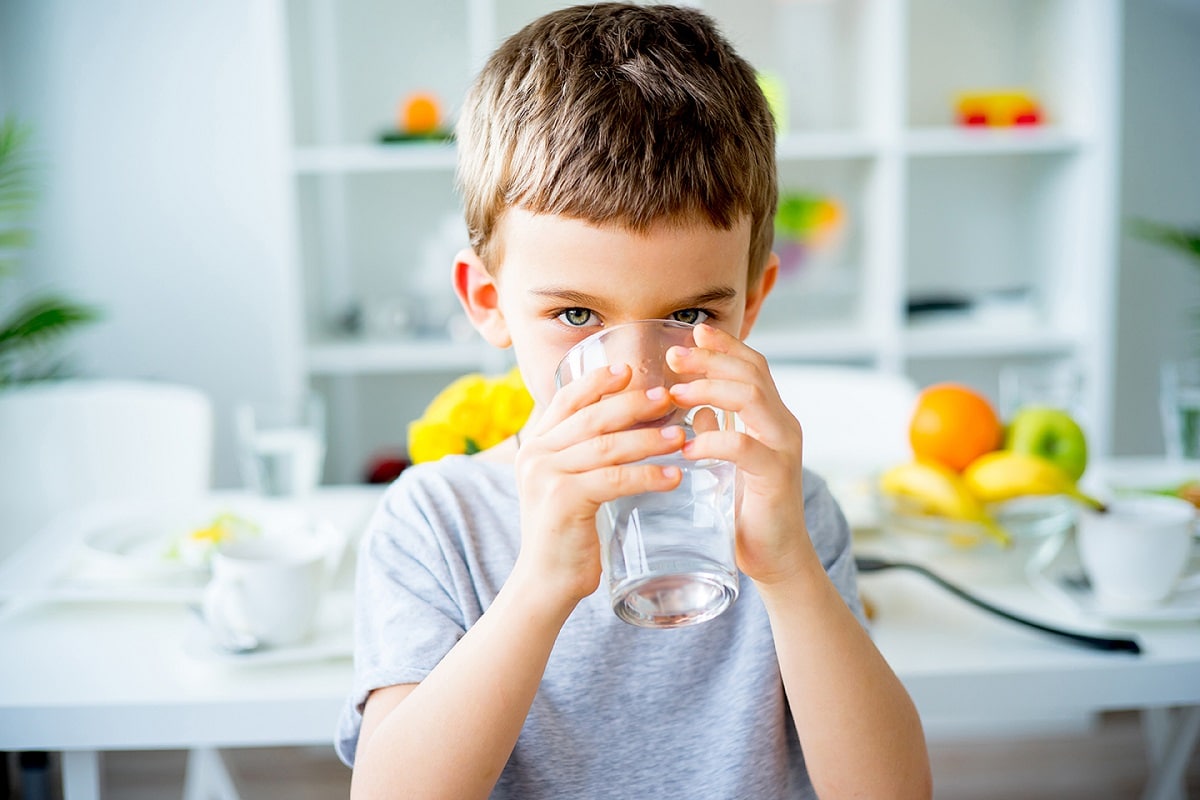
With the confinement we are living in, we almost forgot about the WWD. Since 1993 It is celebrated every March 22 and remember the importance of water for our body, for life and the planet.
Water is the healthier drink. When your children tell you that they are thirsty, give them water, forget about sugary drinks. But curiously, children almost never say that they are thirsty, as busy as they are in playing, we have to be distracted a lot. be careful with your hydration.
Water, the healthiest drink for your body

70% of our body is water and this is essential for us to live, we need it to continue working. We need water for digestion, it facilitates the elimination of toxins, acts as a temperature regulator, carries nutrients ... and we must drink it even if we are not thirsty.
Water in addition relieves fatigue, that's why children always say that they are thirsty when they are tired, improves kidney function, prevents constipation and facilitates digestion, helps us improve the immune system, and it is that it prevents a multitude of diseases, something that at the moment is not trivial, also thanks to water we can regulate body temperature.
However, there are areas of Spain, in which although tap water is drinkable, it should not be consumed due to its high lime content or in other elements. The World Health Organization (WHO) recommends not consuming it regularly, it can damage the intestinal flora. In this case it is recommended to use bottled water.
What types of waters are the most beneficial?

The purest water is the one that flows directly from the earth, but it is almost impossible to find it and also the levels of contamination of the soils and subsoils do not always make its use recommended. Unfortunately, the consumption of bottled waters. If you buy them, we recommend glass before plastic, or at least once you have it at home transfer it to a glass or clay carafe. This can be a good exercise to do with your sons and daughters and hold them accountable of the handling and care of this scarce and necessary element.
Each type of water has a different mineralization. Knowing what the minerals they are made of can help your family have better health. For example, the waters of weak mineralization they are the most recommended in infant feeding and for kidney problems. Against it, it does not provide minerals, which can benefit the body. But if the child has a balanced and healthy diet, they will not need them.
The waters of strong mineralization they usually have a lot of calcium and magnesium. Ferruginous waters help fight anemia, sulfated waters are beneficial for digestion and allergies, or fluoridated waters to prevent cavities. You can use these waters as food supplements, if the pediatrician recommends it, but it is always necessary that you consult with the specialist.
Encourage them to drink water

If you see that your children find it difficult to drink water, because we already know that it is odorless, tasteless and colorless, you can "trick" them by preparing water cocktails with lemon, grapefruit or orange slices and even including a star of anise, strawberries, red berries. Anything that catches their attention and that seems like they are drinking something special.
Another recommendation that we give you is to have in the kitchen visible a jug of water filled with some glasses. If the children are very young, leave them within reach, take care that they are made of plastic (for once) and that they serve themselves. It is more stimulating for them to do things for themselves than to drink, but you will be getting them to drink water.
Also, now that you are at home, while doing homework or watching television leave them a glass at their fingertips and make sure it is always full.